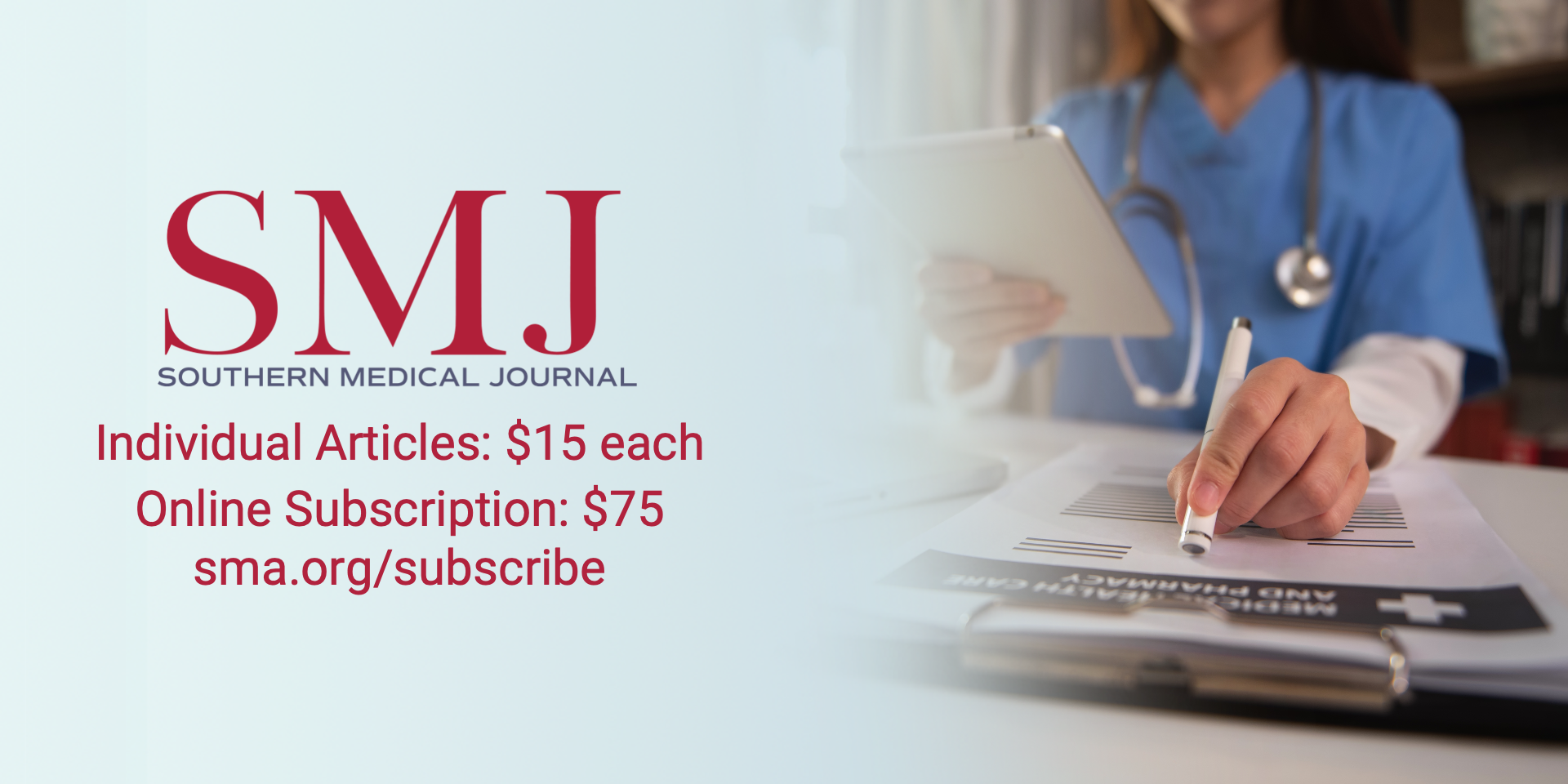
How to Prepare Your Home for a Loved One with Alzheimer’s
 For the 5.4 million Americans with Alzheimer’s disease, carrying out the simplest tasks becomes harder and harder each day. The degenerative brain disorder comes on as we age and impairs everything from memory to problem solving.
For the 5.4 million Americans with Alzheimer’s disease, carrying out the simplest tasks becomes harder and harder each day. The degenerative brain disorder comes on as we age and impairs everything from memory to problem solving.
According to HealthMatch, the unique symptoms of Alzheimer’s disease include:
- Extreme memory loss
- Inability to make decisions
- Difficulty concentrating and thinking
- Difficulty with everyday tasks
- Changes in personality
Eventually, people living with Alzheimer’s must receive constant care and attention, and many times this involves cases such as a parent with the disease moving in with their adult children. In 2019, more than 16 million family members and other unpaid caregivers provided an estimated 18.6 billion hours of care to people with Alzheimer's or other dementias.
Because the disorder only gets worse with time, life becomes harder for victims to live day to day. Those planning on taking in a loved one with Alzheimer’s must make several adjustments in their lives. They must prepare mentally and emotionally, and making modifications around the house is often necessary. If you plan on taking in a loved one with Alzheimer’s, the Southern Medical Association invites you to consider making the following preparations at home in order to create a safe environment.
Ramp Over Stairs
Even if your loved one is not in a wheelchair, a ramp is safer than stairs. The steps eventually become cumbersome for a person with Alzheimer’s to navigate, putting them at risk for falls. A fall can seriously harm a senior. In fact, according to the National Council on Aging they are “the leading cause of fatal and non-fatal injuries for older Americans.” What’s more, an older adult is treated in the emergency room for a fall every 11 seconds, and an older adult dies from a fall every 19 minutes.
When picking a ramp, find one that has landings both on the bottom and at the top for easier mounting and dismounting. Your loved one also needs rails on both sides to hold on to as they ascend or descend. Finally, the materials need to be reflective and textured so they don’t slip. Consider checking into free or low-cost safety ramp programs for seniors at ProgramsForElderly.com.
Clear Obstacles from Walking Areas
Another way to prevent falls is making sure your loved one always has a clear path wherever they walk. If your home has a lot of furniture or accessories that clutter up hallways and rooms, consider getting rid of some of it. The less stuff around the house, the fewer tripping hazards that put your loved one at risk. Other potentially hazardous furniture include coffee tables and ottomans. Clear pathways all around the house including in the kitchen, bathrooms, and outside in the yard or garden.
Preparing their Room
Your loved one needs a space of their own where they can have privacy and be comfortable. Prepare a room on the first floor that has easy access to the bathroom. Avoid furniture with sharp corners or edges, or cover them with protective foam. Avoid hazardous knickknacks such as glass objects that can shatter into countless sharp pieces if dropped and broken. Provide them with ample light, including nightlights that can guide their way to the bathroom in the middle of the night.
Bathroom Essentials
The bathroom is perhaps one of the more dangerous areas for a loved one with Alzheimer’s. Install a bench and safety railing in the shower or tub to make bathing easier and safer for use. Clearly label the faucets with hot and cold to prevent confusion and possible scalding. Finally, safely stow hazardous chemicals like cleaners and bleach somewhere they cannot access them.
Millions of people afflicted with Alzheimer’s must move in with family and loved ones in order to get the round-the-clock care they need. That said, you are not alone. Avoid feeling like you are on an island and have to carry the load solo -- reach out and get connected with peer-to-peer support groups. Discover what others have done to prepare their homes and share your own experiences. You don’t have to do it alone.
Photo via Pixabay
About the Author:
Lydia Chan is the co-creator of Alzheimers.net, a website that aims to provide tips and resources to help caregivers. After her mom was diagnosed with Alzheimer's, she found herself struggling with finding balance between the responsibilities of caregiving and her own life. She is passionate about sharing her knowledge and experiences with caregivers and seniors.

